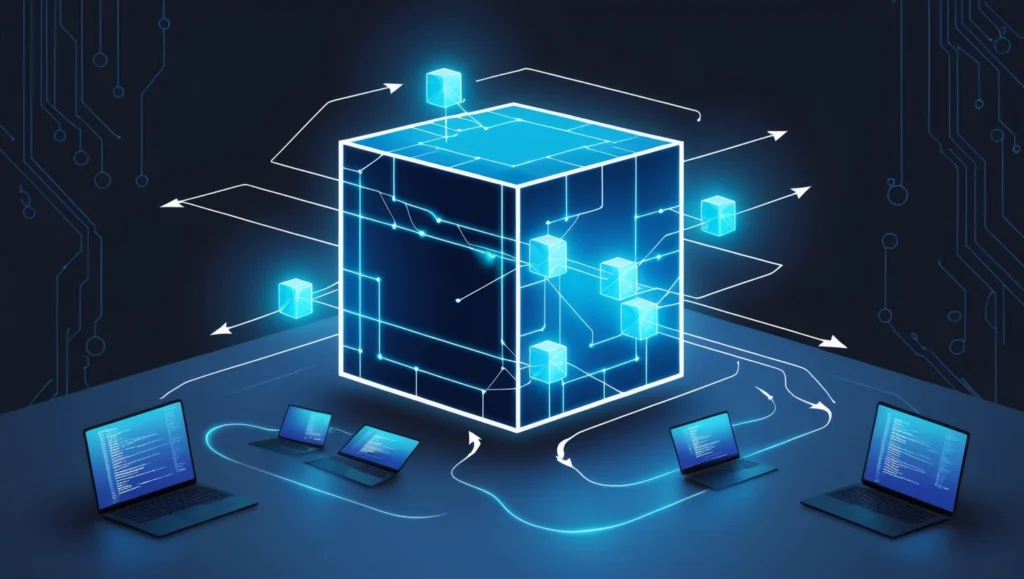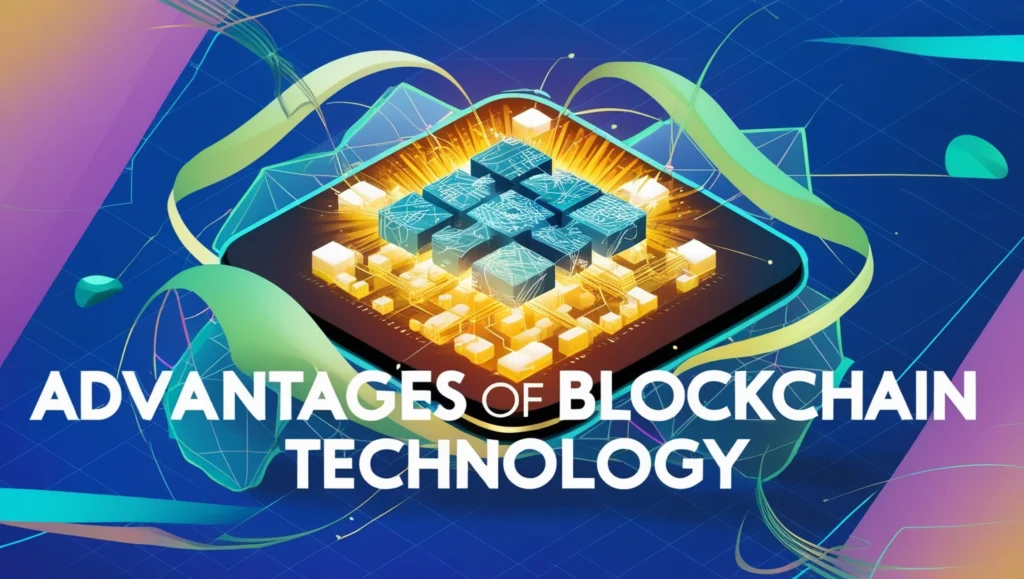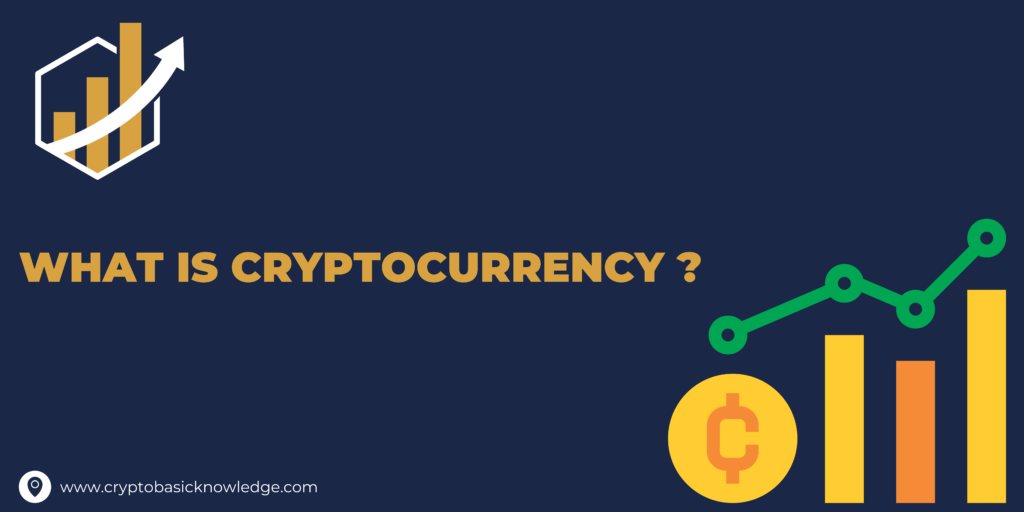Blockchain technology has been making waves in different industries as a progressive tool for secure and transparent transactions. From finance to supply chain management, this decentralised ledger system can possibly change the manner in which we handle data and direct business. Understanding the reasonable purposes of blockchain is fundamental for people and associations hoping to use its advantages and remain ahead in an undeniably digital world.

1. How does blockchain work?
Blockchain is a progressive technology that is significantly impacting the manner in which we store and move data. At its core, blockchain is a distributed ledger that is decentralised and secure. Things being what they are, how does blockchain work precisely?
In basic terms, a blockchain is a chain of blocks that contain data. Each block is comprised of a rundown of transactions, which are verified and secured using cryptography. When a block is loaded up with transactions, it is connected to the previous block, making a chain of blocks, thus the name blockchain.
One of the critical highlights of blockchain is decentralization. Dissimilar to traditional centralised systems where data is stored on a single server or database controlled by a central authority, blockchain works on a network of computers called nodes. These nodes work together to approve and record transactions on the blockchain, which is precise and secure enough to guarantee all information.
One more significant part of blockchain is its security. Each block in the blockchain is connected to the previous block through a cryptographic hash, making a secure and tamper-proof chain of blocks. When a block is added to the blockchain, it can’t be altered or erased without being recognised by the network, making the blockchain incredibly impervious to fraud and hacking.

At the point when another transaction is started, it is communicated to the network of nodes for validation. The nodes then, at that point, work together to verify the transaction utilising a consensus mechanism, like Proof of Work or Proof of Stake. When the transaction is approved, it is added to another block and added to the blockchain.
Blockchain technology is also transparent and responsible. Since all transactions are stored on a public ledger, anybody can see the whole history of transactions on the blockchain. This degree of transparency can assist with preventing fraud and defilement, as all transactions are recorded and can be traced back to their source.
Notwithstanding its security and transparency, blockchain likewise offers immutability, implying that once a transaction is added to the blockchain, it can’t be altered or erased. This element guarantees that all data stored on the blockchain is exact and solid, making blockchain an ideal answer for industries where data trustworthiness is urgent.
2. Advantages of blockchain technology
Blockchain technology offers a horde of advantages that can possibly reform the manner in which we manage transactions and store data. One of the critical benefits of blockchain is its capacity to improve security. By using complex algorithms and cryptographic principles, blockchain guarantees that each transaction recorded on the network is secure and tamper-proof. This degree of security is vital in industries like finance, medical care, and supply chain management, where sensitive information should be safeguarded from digital dangers.
One more critical advantage of blockchain technology is its transparency and immutability. Each transaction recorded on a blockchain network is noticeable to all participants, creating a degree of transparency that is unmatched in traditional systems. This transparency cultivates trust among participants as well as takes into consideration the more prominent responsibility and detectability of transactions. Moreover, the immutability of blockchain guarantees that once a transaction is recorded, it can’t be altered or erased, giving a secure and dependable record, all things considered.

Blockchain technology additionally offers increased productivity and speed in managing transactions. By eliminating the requirement for intermediaries and smoothing out processes, blockchain can essentially lessen the time and costs associated with transactions. This is especially advantageous in industries like cross-line payments, where traditional banking systems can be slow and costly. With blockchain, transactions can be finished in no time flat, paying little heed to geological limits, making it an optimal answer for worldwide transactions.
Moreover, blockchain technology empowers more noteworthy decentralisation and democratisation of data. Traditionally, data is stored on centralised servers, making it helpless against hacking or manipulation. With blockchain, data is distributed across a network of nodes, making it decentralised and less vulnerable to digital attacks. This decentralisation improves security as well as gives people more noteworthy control over their own data, guaranteeing privacy and autonomy in the digital age.
Notwithstanding these advantages, blockchain technology can possibly reform industries, for example, supply chain management, medical care, and voting systems. By making transparent and secure networks for following merchandise, sharing clinical records, and directing races, blockchain can upgrade productivity, security, and trust in these basic regions.
you can read also – here
3. Real-world applications of blockchain
Blockchain technology has had a tremendous effect on different industries throughout the long term. Its decentralised and transparent nature has prepared it for a few real-world applications that have upset cycles and systems.
One of the most notable applications of blockchain is in the realm of finance. Blockchain has changed how financial transactions are directed by providing a secure and productive platform for sending and receiving money. Cryptocurrencies like Bitcoin have acquired inescapable fame because of blockchain technology, considering peer-to-peer transactions without the requirement for intermediaries like banks.
Supply chain management is another region where blockchain has shown incredible commitment. Using smart contracts, organisations can follow the development of merchandise from their starting point to the last objective. This improves transparency as well as helps prevent falsification and fraud. Blockchain technology guarantees that all parties associated with the supply chain approach real-time data, accordingly further developing effectiveness and decreasing costs.

The medical care industry has additionally benefited from the utilisation of blockchain technology. Patient data is securely stored and effectively accessible to an approved work force, guaranteeing privacy and security. Blockchain can likewise be utilised to verify the authenticity of drug items and clinical gadgets, accordingly diminishing the flow of fake products into the market.
The real estate sector has seen a huge change thanks to blockchain technology. Property transactions that traditionally involved multiple intermediaries can now be executed securely and effectively through smart contracts. This diminishes the risk of fraud and streamlines the method involved with trading real estate. Furthermore, blockchain can be utilised to verify property ownership and move titles, eliminating the need for extensive paperwork.
Blockchain technology has additionally tracked down applications in the realm of casting a ballot and making decisions. By storing votes on a decentralised ledger, the honesty of the electoral cycle can be guaranteed. Fraudulent exercises like tampering with votes or manipulating results can be prevented, thus expanding trust in the majority rule process.
Media outlets have additionally embraced blockchain technology for different purposes. Craftsmen and creators can use blockchain to safeguard their intellectual property rights and get fair remuneration for their work. Moreover, blockchain-powered platforms have been produced for circulating digital substances, guaranteeing that creators are appropriately credited and compensated for their commitments.
Blockchain technology is additionally being utilised to upgrade the security of Internet of Things (IoT) gadgets. By creating a decentralised network, IoT gadgets can be transmitted securely without the risk of data breaches or hacking. This guarantees that the data communicated by these gadgets stays classified and valid, subsequently defending sensitive information.
All in all, blockchain technology has many real-world applications that can possibly alter different industries. From finance to supply chain management, medical services to real estate, casting a ballot to diversion, blockchain is significantly impacting how cycles are done and data is made. As the technology keeps on advancing, we can hope to see much more creative uses for blockchain later on.


